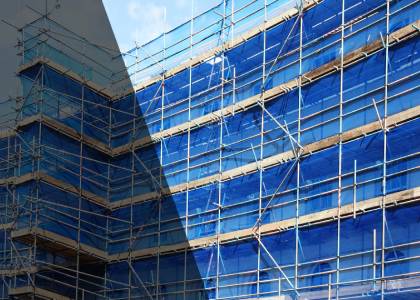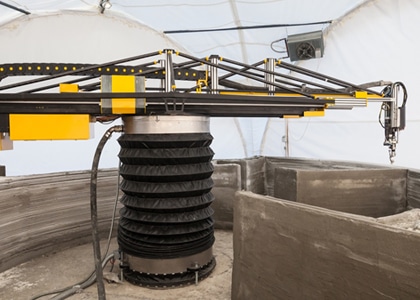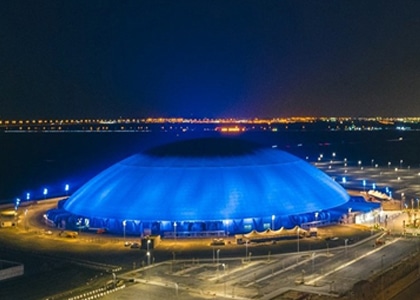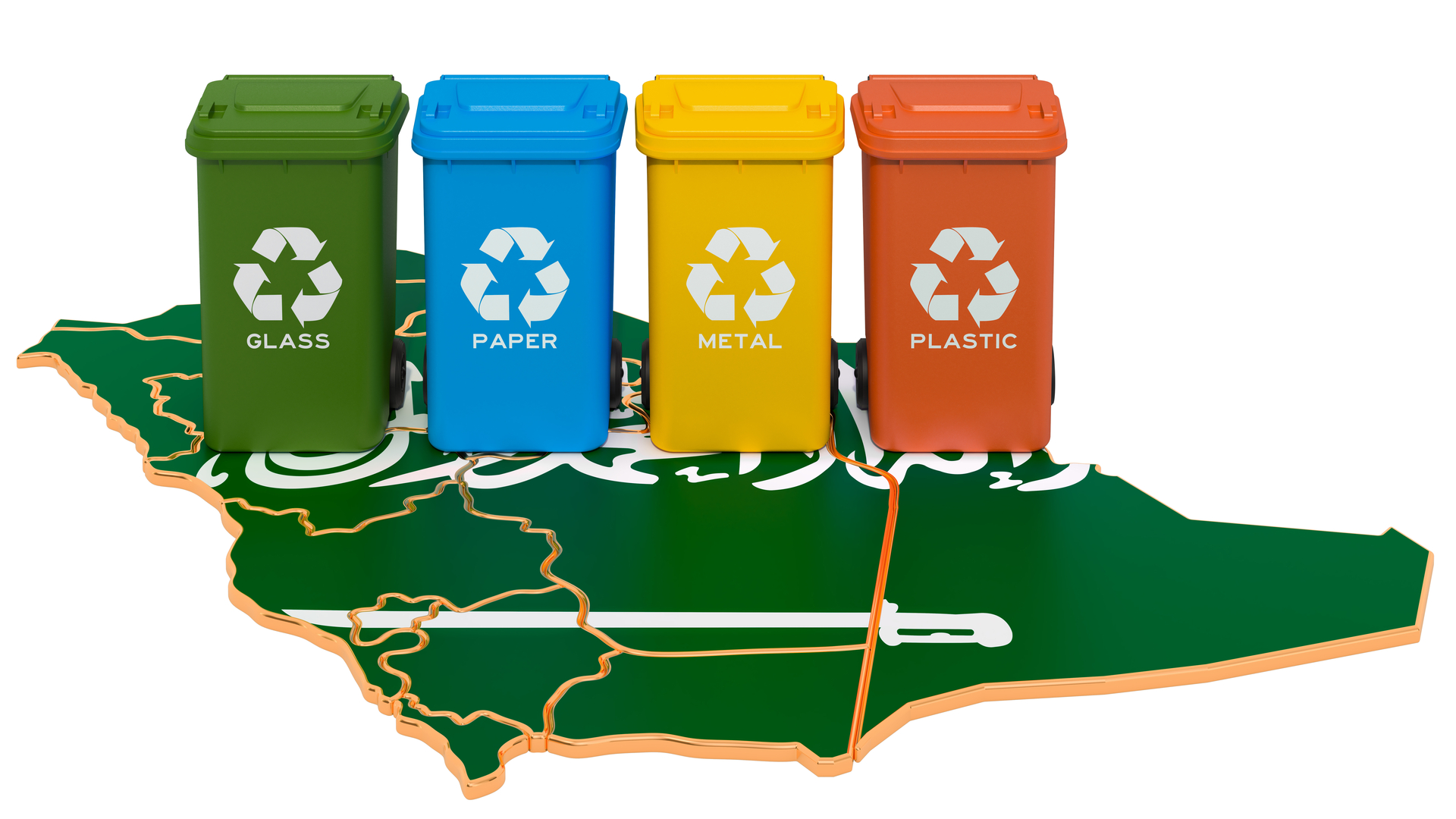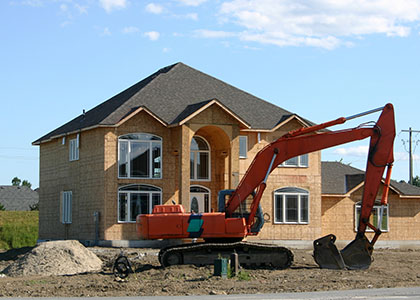Home / Blog / Saudi Arabia’s post-pandemic real estate boom
Saudi’s real estate market, like numerous others, went through an uncomfortable time as the pandemic hit the world and halted economic activities. However, since then, there have been distinct and positive signs of recovery. According to Knight Frank’s Q1 2021 Saudi Arabia Real Estate Market Review, the country reported substantial economic improvement, which in turn, is promoting an improving outlook for the entire real estate market.
Projects that are underpinned by the economic reforms linked to Vision 2030 and the rapid response to COVID-19 have helped to drive a turnaround in performance in all main segments of the real estate market.
Moreover, in a deliberate measure to promote activity, it was decided that the VAT charge of 15% on property transactions would be exempted. This has led to an increase in residential mortgage loans by a whopping 38% at the end February 2021. This in turn saw an increase in residential transactions across the Kingdom, with Jeddah and Riyad registering an increase of 35% and 24% respectively. In addition, apartment sales grew by 4.4%in Riyadh, 3.2%in Dammam, and 6.5%in Jeddah.
Crown Prince Mohammad bin Salman also announced the development of a residential area in Riyadh that spans 20 million square meters. The announcement comes on top of previous plans of reserving 20,000 other units for residential development.
These measures are crucial for the country to meet Saudi’s Vision 2030 goals of increasing homeownership in the Kingdom.
The Saudi government is also looking to lift residential bans in the holy cities of Mecca and Medina, and their suburbs. As a result, not only will individuals be able to buy property, but all companies listed on the country’s stock exchange will also be allowed to do so. This will dramatically drive up the construction of commercial real estate.
General Supervisor of the Real Estate Development Fund, (REDF) Mansour Bin Madi, in an interview with the Saudi Gazette, reported that one of the targets of Vision 2030 was to increase citizen ownership of property up to 70%. At the end of 2020, despite the pandemic, ownership already hit a milestone of 60%, which is above the predicted rate by 8%.
Bin Madi also noted that the introduction of subsidized loans has been particularly important. Considered a substantial qualitative leap for the REDF, it has helped fund beneficiaries of housing loans with 27 million Riyals in profits with subsidized loans contracts.
As the pandemic wanes, the Saudi government is striding onwards with Vision 2030 and the real estate sector continues to significantly grow from this, allowing the country to establish itself as a business and industrial stronghold.

